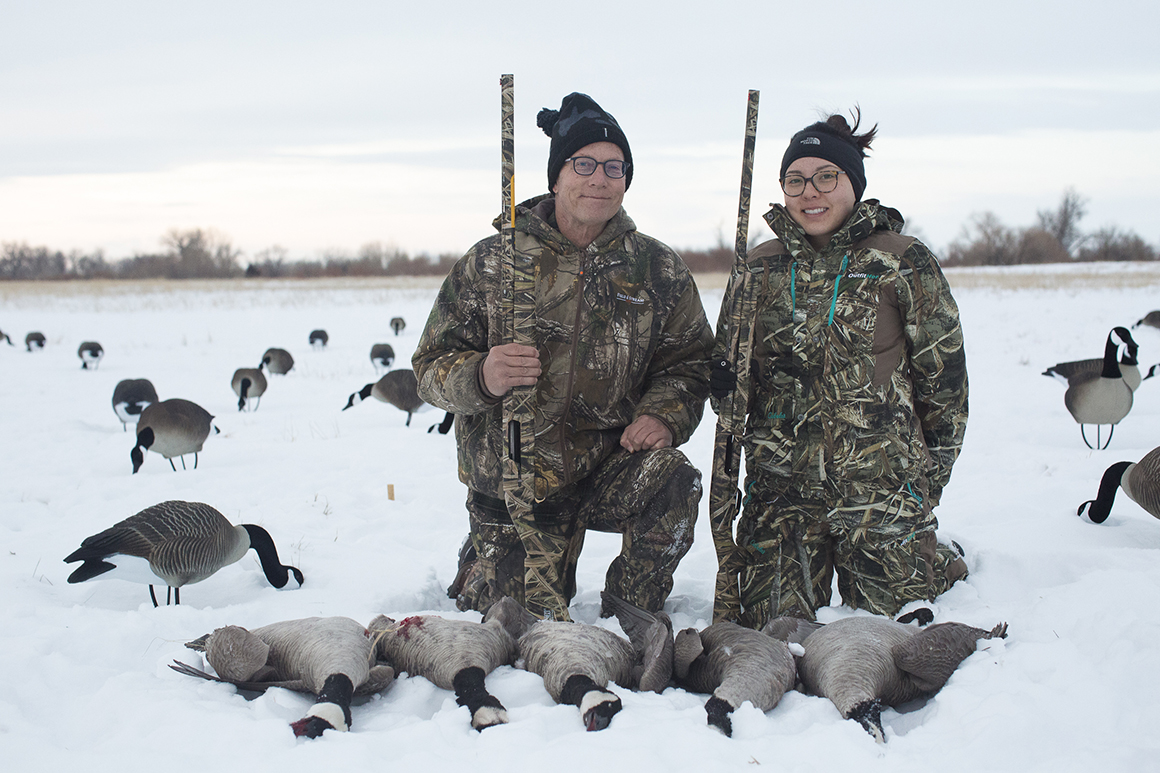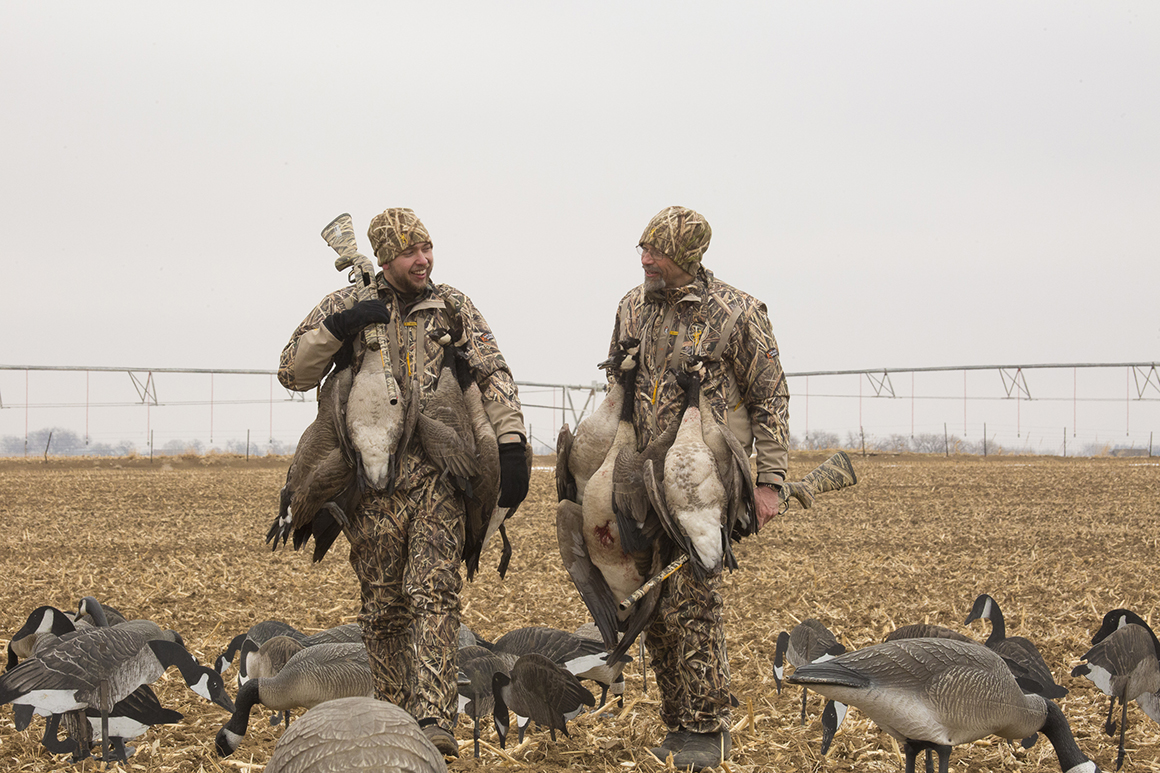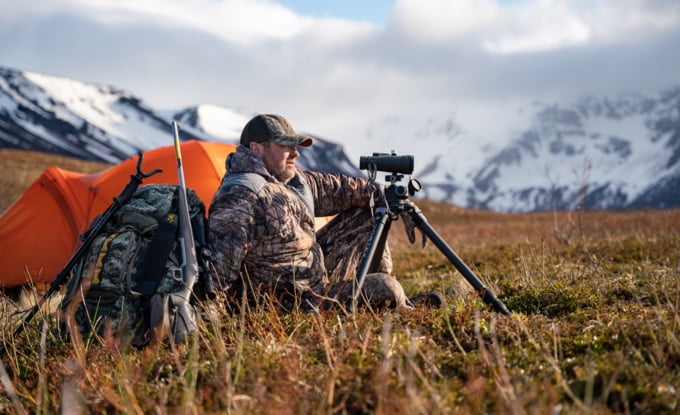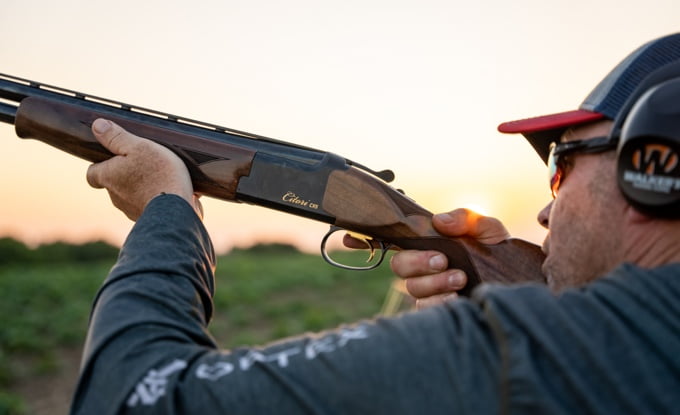“A Father’s Advice.” A Poem for Firearm Safety
If you have ever shot in Great Britain, you have probably seen these words as part of a poem, printed on parchment and framed and hung on the wall of a shooting estate. Or it might have been on a tea towel, if you know what that is. Or maybe embroidered in cross stitching, like a longer version of “Home Sweet Home.” It comes from a poem most British shooters know by heart, having been committing it to memory for over a hundred years.

If a sportsman true you’d be
Listen carefully to me:
Never, never let your gun
Pointed be at anyone;
That it may unloaded be
Matters not the least to me.
If you have ever shot in Great Britain, you have probably seen these words as part of a poem, printed on parchment and framed and hung on the wall of a shooting estate. Or it might have been on a tea towel, if you know what that is. Or maybe embroidered in cross stitching, like a longer version of “Home Sweet Home.” It comes from a poem most British shooters know by heart, having been committing it to memory for over a hundred years.
When a hedge or fence you cross,
Though of time it cause a loss,
From your gun the cartridge take
For greater safety sake.

In this country we generally have four basic rules we follow, along the lines of: Always treat every firearm as though it were loaded. Always keep the muzzle pointed in a safe direction. Keep your finger outside the trigger guard until ready to shoot. Always be sure of your target and what is in front of it and behind it. Sound words, but pedestrian and probably not easily remembered, at least verbatim. In Britain, the same essential rules are carried in sprightly verse in seven indelible stanzas, here with British spelling and punctuation preserved.
If ’twixt you and neighbouring gun
Bird may fly or beast may run,
Let this maxim e’er be thine:
‘Follow not across the line.’
The author is acknowledged to be one Commander Mark Hanbury Beaufoy. Though apparently not a commander, his father had been a lieutenant-commander in the Royal Navy, while the younger Beaufoy ended up in vinegar.
Born in London in 1854, and a product of Eton and Cambridge, where he was known at both for his soccer playing, Beaufoy took over the vinegar company that had been in the family since the 1740s. He was also a Liberal member of Parliament, a founder of, no less, the Church of England Central Society for Providing Homes for Waifs and Strays, and was a great fancier of mastiffs and bloodhounds, chairing The Kennel Club at the end of his life, dying in 1922. At Christmas in 1902, he gave his eldest son, Henry Mark, 15, his own first gun, a 28 gauge, and the poem that has come to be known as “A Father’s Advice.”
Henry Mark had begun shooting partriges at 13 and pheasants the following year, so he probably knew most of the rules set down in the poem already, but this made them concrete. And in the next stanza it began to make those rules more specific to the type of shooting the British engaged in.
Stops and beaters, oft unseen,
Lurk behind some leafy screen;
Calm and steady always be;
‘Never shoot where you can’t see.’
Henry Mark’s two brothers suffered unfortunate fates, George being killed in World War II when a German bomb hit the vinegar distillery, and Robert losing his left arm in the earlier Great War, but going on to become an accomplished one-armed shooter. And the shooting advice their father gave to them all in his poem became universal to hunters everywhere.
Keep your place and silent be:
Game can hear and game can see;
Don’t be greedy, better spared
Is a pheasant, than one shared.
Beaufoy the father and author had a hundred copies of his poem run off and given to friends who reacted enthusiastically to it. Beaufoy thought about adding to the poem but did not–it was totally fine the way it was. He also did not always receive credit for the original, and over the years, additional, lesser quality stanzas were addedd by others, including one laying down some rather harsh chauvinstic rules about having a woman joining you when you shot–not to shoot herself, it goes without saying:
If you’ve a mate, let her sit down;
Let no bright toque her tresses crown;
‘Eyes front’’s the word, or woe betide;
Miss in the butt means miss outside.
Bogus on so many counts.
Despite such apocrypha, Beaufoy’s verses remain a near perfect summary of shooting safety, etiquette, and ethics, and their popularity has not diminished in a century. And the final stanza from Beaufoy sums up all the ones that went before, and leaving us with the most vital shooting lesson any of us could, and should, take to heart:
You may kill or you may miss,
But at all times think of this–
‘All the pheasants ever bred
Won’t repay for one man dead.’

Follow Browning Ammunition’s social media channels for more hunting and shooting tips and updates on Browning Ammunition supported events and promotions on Facebook, You Tube, Instagram and Twitter.



